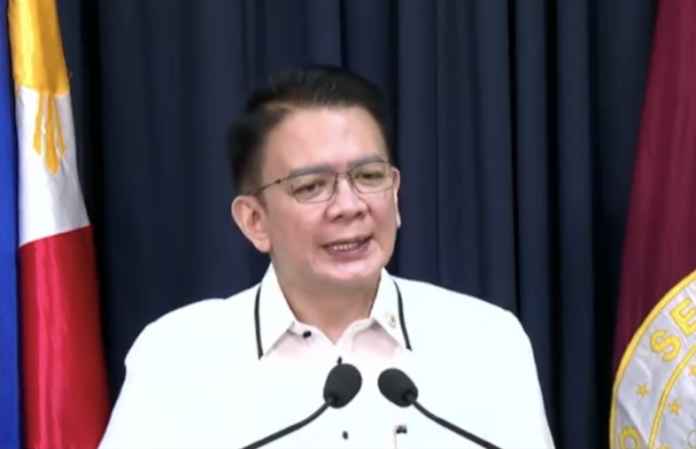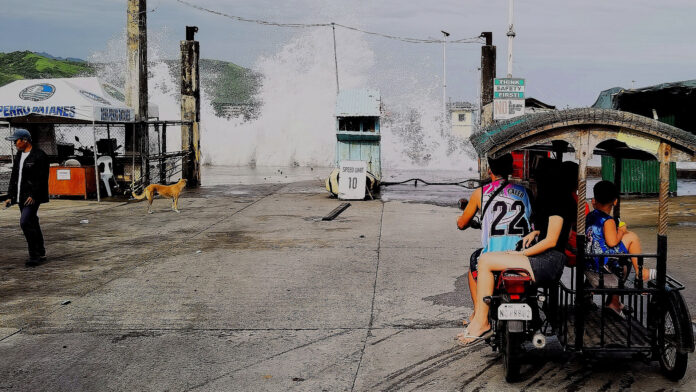Warns Senate action raises grave constitutional questions
The Philippine Constitution Association raised serious constitutional concerns over the Senate’s decision to return the verified impeachment complaint against Vice President Sara Duterte to the House of Representatives.
“This action raises grave constitutional questions and challenges the integrity of the impeachment process. PhilConsa warns that it may constitute grave abuse of discretion and risks undermining the most fundamental principle of our constitutional democracy — that public office is a public trust,” Philconsa chairperson and former Supreme Court chief justice Reynato Puno said.
“The accountability of public officials cannot be overstressed—and must never be evaded through procedural artifice,” he added.
The country’s oldest constitutional law advocacy group said the Senate was already bound to act as an impeachment court once it received the Articles of Impeachment.

“As the Supreme Court held: Jurisdiction, once validly acquired, is not lost by subsequent happenings. It continues until the case is finally resolved or dismissed,” Puno said.
The PhilConsa head flagged four main issues arising from the remand order.
First is the potential grave abuse of discretion if the Senate suspended its impeachment jurisdiction without legal basis. Second is the possible encroachment on the House’s exclusive power under the Constitution to initiate impeachment cases.
Third is the use of what PhilConsa called “circumlocutory delay” through procedural requirements not found in either the Constitution or Senate rules. Fourth is the risk that the Senate, by preemptively raising defenses for the respondent, may compromise its impartiality as an impeachment tribunal.
“Is the mere lack of certification from the House of Representatives sufficient to justify remand of the case and suspension of trial?” Puno said.
The group argued that the Constitution does not require such certification, and inventing one post-facto would damage the principle of separation of powers.
“Any act or device that circumvents this duty gravely imperils our democratic institutions. The Filipino people are watching. The Constitution commands it,” Puno said.
Senator-elect Panfilo Lacson backed PhilConsa’s position.
“The Senate, even after constituting itself into an Impeachment Court, may still be subject to judicial review by the Supreme Court if its action constitutes grave abuse of discretion as in the case of Ernesto Francisco vs the House of Representatives in 2003,” Lacson said.
For his part, Speaker Martin Romualdez raised grave concern over the Senate’s decision to remand the articles of impeachment, saying it was “deeply concerning.”
“I rise, not in defiance, but with resolve, guided by duty, grounded in principle. The decision of the Senate, sitting as an impeachment court, to return the articles of impeachment is deeply concerning,” he said in his speech Wednesday night as the 19th Congress adjourned sine die.
He said while they have no choice but to “comply with the requirements of the impeachment court” to ensure that the process will continue, “in matters of truth and accountability, the House does not back down.” With Rio N. Araja
Editor’s Note: This is an updated article. Originally posted with the headline: “‘Circumlocutory delay:’ PhilConsa questions Senate remand of impeachment”









